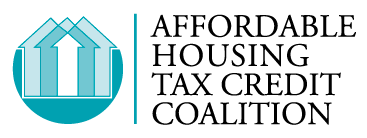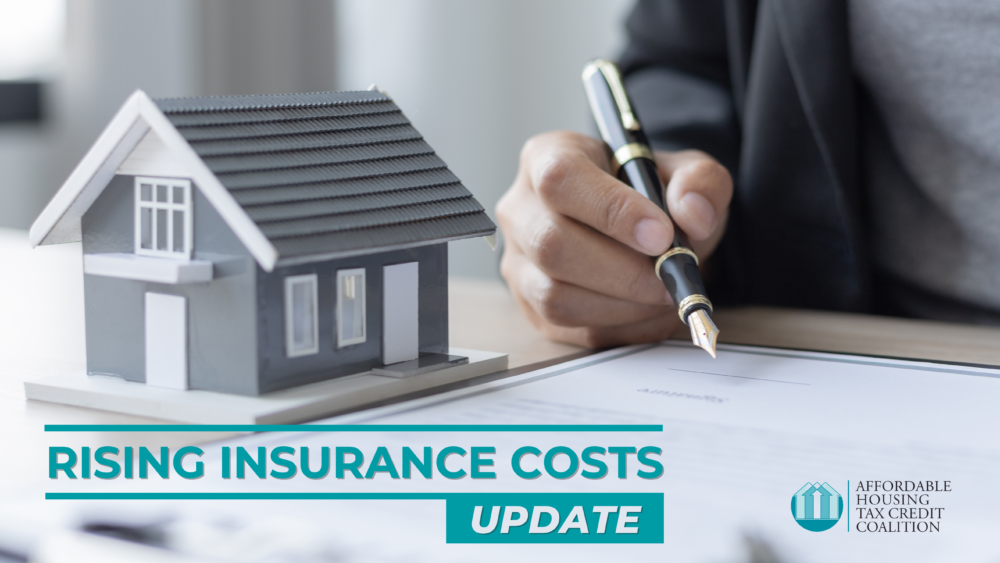The need for solutions to address rising insurance costs in response to stressors, such as climate change-related disasters, inflation, and climbing construction costs, is gaining media attention. The increased cost of risk is pushing many insurers to reduce coverage, increase premiums, or leave markets entirely. The National Multifamily Housing Council (NMHC) reports that property insurance premiums for multifamily housing have increased 26% on average over the last year. Because Housing Credit developments already operate under tight budget constraints due to their limited revenue from restricted rents, surging insurance premiums place additional strain on the financial feasibility of these developments.
Insurance costs are rising, posing acute challenges for the production of multifamily housing. In a recent article published in Commercial Observer, NMHC President Sharon Wilson Géno underscored the urgency and impact of the issue, saying, “This is a house on fire… It’s impacting existing properties and new starts. It’s turning projects that were once viable upside down.” For some developers, changes in insurance offerings have meant accepting lesser coverage or increasing deductibles. A recent viewpoint article in Multi-Housing News reports that insurance expenses remain one of the highest ongoing costs for multifamily property owners and operators. While affordable housing practitioners continue to overcome the stark challenges caused by volatility in the insurance market, the financial feasibility of shovel-ready developments remains threatened at a time when the need for production is greater than ever.
The increased frequency and geographic scope of natural disasters across the nation have increased the cost of risk for many insurers, leading them to increase premiums, limit coverage, or pull out of markets entirely. According to an NMHC survey, 34% of multifamily firms saw new policy limitations, and 57% were offered reduced coverage over the last year. The exit of insurers and reinsurers from high-risk markets is taking a toll on the ability to secure affordable property insurance, especially in areas where development is needed for disaster recovery. Some industry leaders share that insurers are increasingly scrutinizing replacement costs and asset valuation to control payout costs in the event of sizable natural disasters. Such changes in the insurance market carry implications for Housing Credit deals, which often spur redevelopment in areas undergoing disaster recovery.
Rising replacement costs contribute to increasing insurance costs. Increases in construction costs from inflation, labor, and supply chain issues, and growth in property values have all been cited as contributing to increasing replacement costs.
Ultimately, the upward trend in property insurance costs threatens to hinder progress in expanding affordable housing production. While the AHTCC’s advocacy efforts remain focused on expanding and strengthening the Housing Credit at a time when the need is greater than ever, the impact of rising insurance costs on our members and industry partners is acute. The AHTCC has formed an insurance working group made up of industry leaders aiming to shed light on the issue and help address its impact on affordable housing production.
If you are interested in joining the AHTCC’s insurance working group to explore potential policy responses, please email Selia Koss at selia.koss@taxcreditcoalition.org.



Comments are closed.